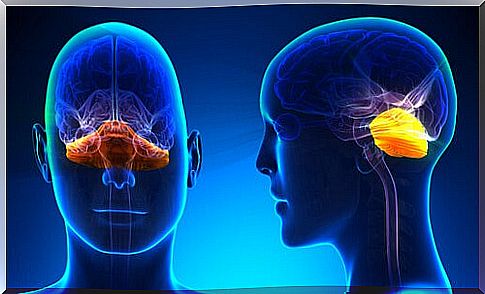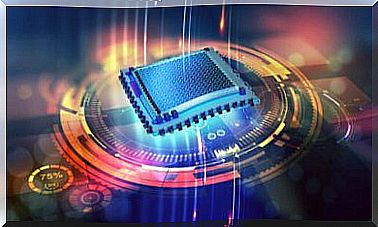Gluten Affects The Brain

Gluten has been known to affect the brain for more than 60 years, but surprisingly this information has not been sufficiently disseminated. We are not talking about people with celiac disease or gluten intolerance, but about those who do not have this problem.
It is known that sometimes the subject is not even addressed by medical schools for a scientistic reason: at the moment, science does not fully understand why or how gluten affects the brain. There are also no clinical tests available to know if someone is being affected by that substance. For the same reason, in many cases the matter decides to be ignored.
What there is is a series of advanced investigations that prove that gluten affects the brain in the case of people suffering from ataxia. There are also many cases in which stopping gluten consumption solves problems such as depression, anxiety and even epilepsy, among others.

Gluten affects the brain: neurogluten
What science has proven so far is that gluten affects the brain, sometimes decisively. As already mentioned, the evidence comes from the fact that in many cases a strict gluten-free diet improves or solves various health problems.
Gluten is currently thought to be associated with the following diseases and health conditions : migraines, restless leg syndrome, peripheral neuropathy, epilepsy, multiple sclerosis, Alzheimer’s and other forms of dementia, encephalopathy, schizophrenia, hyperactivity, autism, Obsessive Disorder -Compulsive (OCD), bipolar disorder, tourette syndrome, cerebral palsy, depression and anxiety, among others.
There are reported cases of improvement, in each of these diseases and disorders, following a gluten-free diet. Sometimes diet solves the problem completely. At other times, it helps reduce symptoms or slows down the progression of these ills.
It was in 1966 when the first description of neurological diseases related to gluten was made and collectively they were called “neurogluten”.
Gluten, ataxia and signs
In ataxia there is damage to the cerebellum and this causes balance problems, loss of coordination and sometimes tremors. It was found that in at least 15% of cases, this disease is caused by gluten. This leads to the death of the Purkinje cells, which causes the disease.
In the case of ataxia, there are no assumptions, only proven facts. In other words, it is fully proven that gluten affects the brain.
However, in other neurological or psychiatric diseases there are no studies available, but cases of improvement or recovery by eliminating gluten from the diet.

Eliminate gluten from the diet
Gluten is a set of proteins that are small and are in four cereals: wheat, barley, rye and oats. From these, many products are made, most of them industrial, such as bread, packaged sweets, pasta and most processed foods, among others.
Dr. Luis Rodrigo Sáez, an expert in celiac disease and emeritus professor at the University of Oviedo (Spain), has indicated that he has attended at least 300 cases in which eliminating gluten from the diet leads to improvement in neurological problems, such as those already mentioned above.
For his part, Dr. Jesús Porta-Etessam, head of neurology at the San Carlos Clinical Hospital in Madrid, has pointed out that there is evidence that anti-migraine drugs work much better when people do not consume gluten. It has also found a relationship between this type of diet and improvement in cases of epilepsy, depression, anxiety and other neurological problems.
The nutritional value of gluten is very low and is present in many industrial-type foods, mainly because its properties make raw materials “perform” better. For all the above, it is advisable to analyze the effect it has on our diet.









